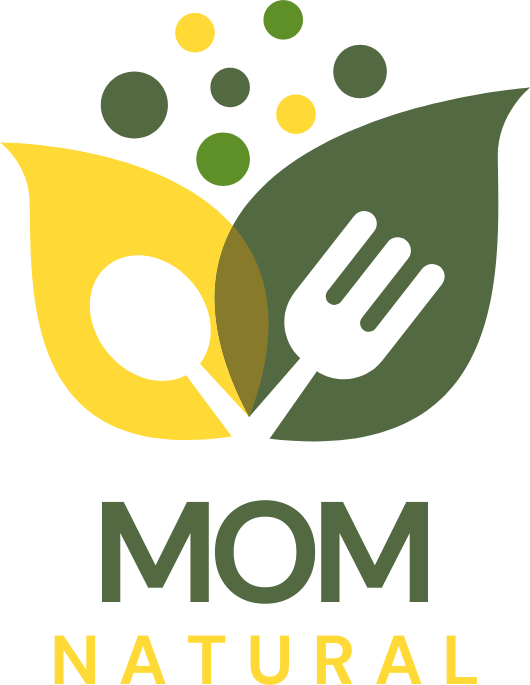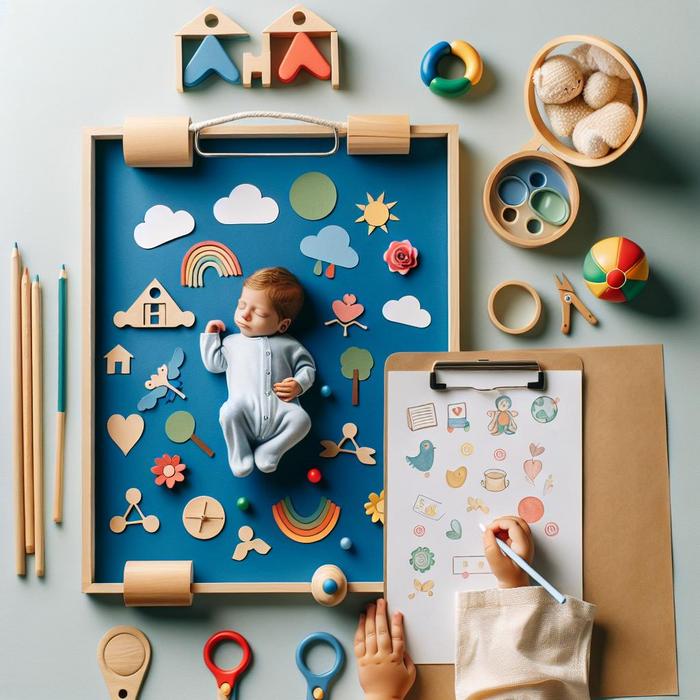Embracing the Montessori Approach for Our Little One
When it comes to enriching our baby’s environment with elements that catalyze their development, we found ourselves leaning towards Montessori toys and activities. The Montessori approach seemed, to us, like a breath of fresh air, enabling our child to engage in child-led learning and educational play. But what influenced our decision?
Key Elements that Shaped Our Decision
We were mindful of the critical role that the first few years play in shaping a child’s brain development and long-term health. Having done our due diligence and taken our baby to their first doctor visit, we began researching options that could support our child’s growth journey. After looking at various methodologies, we found ourselves drawn to the Montessori approach.
A. Montessori Toys Benefits
- Sensory Stimulation: Montessori toys are carefully designed to stimulate a child’s five senses. A sensory toy like this colorful sensory learning toy helped enhance our baby’s fine motor skills and color recognition abilities.
- Boost Cognitive Development: Montessori toys inspire curiosity and exploration, fostering a mindset of learning by doing. A good example is this multifunctional Montessori educational toy, which has become a significant part of our child’s playtime.
- Encourage Independence: Montessori-style games and toys promote independence and self-reliance, as they are designed to be used without excessive adult intervention.
B. The Power of Child-led Learning
An essential principle of the Montessori approach is its emphasis on child-led learning. It’s all about providing children with the right tools and environment, then allowing them to explore, learn, and grow at their own pace. This strategy has been instrumental in our child’s development, inspiring creativity, self-confidence, and a deep-seated love for learning.
Incorporating Montessori Activities in Our Daily Routine
Montessori is not just about toys; it comprises a range of activities designed to stimulate learning in a fun, natural way. We’ve prepared some nutritious, easy-to-make recipes as a part of our Montessori activities. This way, our little one learns about the importance of good nutrition while having fun.
It’s worth mentioning that Montessori activities aren’t just for playtime. We’ve incorporated the Montessori approach into our daily routine, ensuring that our child’s learning doesn’t stop when playtime ends. From encouraging self-feeding to contributing to household chores, the Montessori approach has provided countless opportunities for learning and growth.
A Helpful Resource for Parents: The Montessori Generation
If you’re considering the Montessori approach for your child, we highly recommend checking out Montessori Generation. This website has been a fantastic resource for us, offering a wealth of information about the Montessori method and its application in everyday life. You’ll also find recommendations for the best Montessori toys available in the market.
The Magic of Montessori Toys
Montessori toys are typically made from natural materials like wood, encouraging a connection with the natural world from an early age. As we’ve noticed, our baby not only enjoys playing with these toys but also expresses a special kind of curiosity and fascination with them. We highly recommend exploring this article that explains why wooden toys make great playthings for children.
- Develop Concentration: Montessori toys often require a certain level of focus and determination from children, thereby helping them develop their concentration skills.
- Unstructured Playtime: Unlike digital toys or games that come with predefined rules, Montessori toys do not dictate how children should play with them. This promotes unstructured playtime, encouraging the child’s imagination and creativity.
- Boost Physical Development: Many Montessori toys enhance motor skills development. Tools like tweezers for toddlers, for instance, help improve their precision grip. For more insights on how to choose the correct tweezers, this post is highly beneficial.
Facilitating the Montessori-Shaped Independence
Another aspect that sets the Montessori approach apart is its focus on practical life skills. Our child isn’t just playing aimlessly; they’re preparing menus, dressing up independently, and even participating in pet care. We found this thoughtful guide that helps in choosing the right toys for pet companions and mirrors the independence the Montessori strategy advocates.
Making the Most of the Montessori Method
We realized that Montessori is as much a parenting philosophy as it is an approach to education. It encourages us as parents to observe and respect the individual needs and interests of our child. As a result, our little one is not only happier and more settled, but we’ve also noticed an impressive acceleration in the development of their cognitive and social skills.
We’ve encouraged our child to take the lead, opting for a hands-off approach except when safety is concerned. This has proven tremendously fruitful, as our little one feels a sense of empowerment and control that they wouldn’t experience otherwise.
Moreover, we’ve also seen that the Montessori approach empowers them with the skills they need, not just for school, but for life. And that’s the real beauty of it all. It’s not just about shaping education but about nurturing well-rounded individuals who contribute significantly to the world around them.
Adopting a Montessori Approach to Clean Up Time
We’ve embraced Montessori philosophy in every aspect of our daily life, including clean-up time. We found this article extremely useful in enforcing a Montessori approach to cleaning. Teaching the child to return their toys to their designated place after playing, encourages them to respect their surroundings and become responsible citizens of the environment.
Embracing the Montessori approach for our child has been a genuinely transformative decision. Every day, we witness tiny miracles and leaps of development that remind us why we embarked on this journey in the first place.

